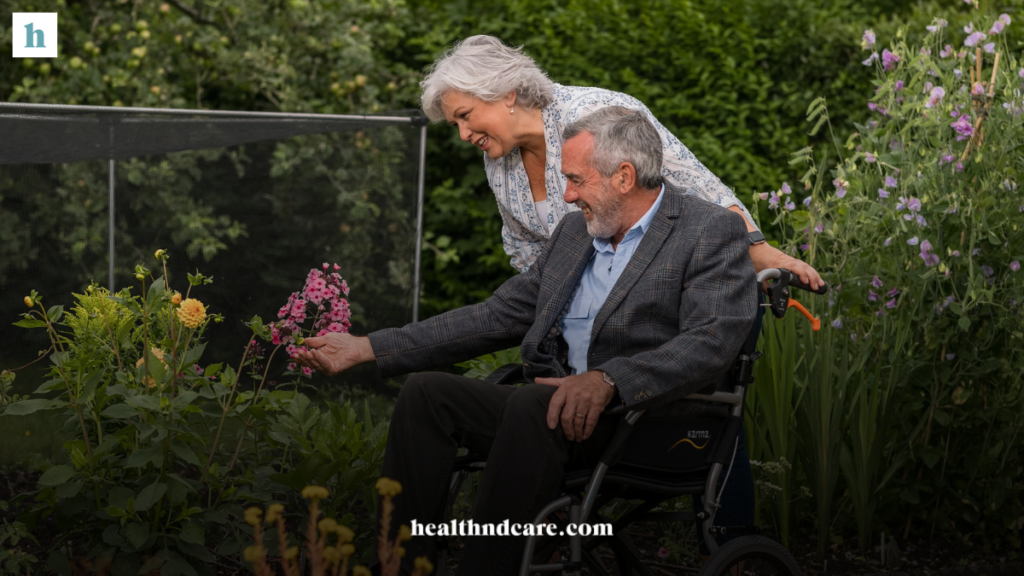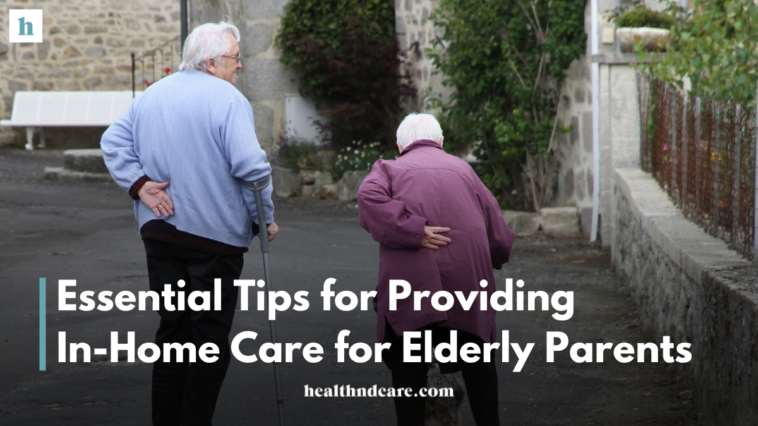Introduction
In most cases, taking care of older parents at home is a fulfilling but at the same time, a tough call. But as the years go by, there is an increased dependence on other people by our parents. Caring for parents who are at home may contribute towards improving their sense of independence and at the same time ensuring that they get support at home. The purpose of this blog is to give very important aspects that will assist you in managing this task responsibly.
Understand Their Needs First
Focus on the Physiological and Clinical Needs of the Aged People
When you set out to provide in-home care to your older parents the very first thing is to understand their physical and health care requirements. Such organizations can help assess what is stifling mobility, any underlying medical conditions, and drug therapy.
Visits to medical care guides as well as medical outpatient departments may shed light on the services they need. One of the most critical points in the planning of their in-home care is understanding their diagnoses and personal fitness.
Constitute Their Emotional and Social Needs
Overall health of a person encompasses the physical, social and emotional aspect of a person. In the process of old parents may become isolated and feel lonely, suffer from depression and become anxious.
However, opportunities to communicate with people and emotional support have to be exercised as they can enhance their life satisfaction. Make them feel more enthusiastic about things that interest them or just make good times with the family and friends.

Create a Safe Living Environment
Modify the Home for Safety
Having a safe living environment is critical in eliminating and reducing the risk of accidents and injuries. Examine the house for risk factors such as unsecured carpets, wet floors or dim lights. Measures which can enhance safety in the house include, but are not limited to, installing grab bars in the shower, ensuring that loose carpets are secured, and clearing pathways.
Such changes may also include the installation of ramps or stairlifts to make it easier for the group to move.
Ensure Easy Access to Essentials
Essential items should be conveniently placed within reach of everyone, including medications, a list of emergency numbers, helping devices and so on. Consider the layout of the house in a manner that even your older parents can move around without assistance.
This can be achieved by doing things like ensuring that the commonly used items are within easy reach, and that they can shift from room to room in the home without any trouble.
Establish a Care Routine
Develop a Daily Schedule
Coherence helps a lot with home care and plans for the older. This is why you should develop a straight daily routine for you and your older parents.
Therefore, such a routine should include Regular meals, medication times, workout times and leisure. A structured day helps to control anxiety disorders and improves health status.
Populate with Variations
However, in this case, it is very likely that there is a preference for variance over the kinetic stability given by routines. Energies, illnesses, and other conditions of aging parents can create room for med changes.
People’s ability to respond to these changes helps to handle their altering requirements without too much pressure.

Appoint Help with Care When out of Option
Engage Caregivers or Home Health Aides
In-Home care can be exhausting when you already have a schedule. You can engage outside help, who can help you with home chores, medical needs or old-age assistance.
Such specialists help you handle work resulting in it, and you can divert your focus to the parent’s relationship instead of worrying about what is needed for their care.
Look Into Temporary Care
Being a care provider for older parents can be a very tough job with no relief, and it is necessary to take some time off to prevent exhaustion.
Respite care services offer guest services and terminate them when have had enough or for a short period in the sense of relief. This makes it possible for you to rest, re-energise and take care of yourself.
Negotiate the Issue Instead Of Avoiding It Involve Absolute Communication Rather than Avoiding It to Broadcast Clarity It is vital that you keep your older parents posted regularly. Hear from them what they want, what they are afraid of, what, when and why, their health is changing or their needs are being altered.
Allow them to partake in making decisions so that they do not feel excluded. Lots of trust and mutual understanding, enabled by open communication, smooths the caregiving process for all parties concerned.



